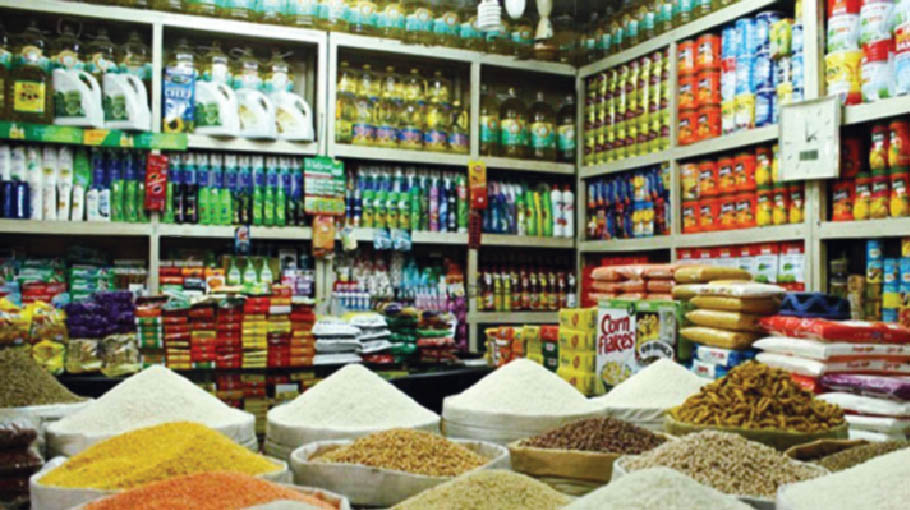Govt to cut source tax on essential goods

The government has decided to lower source tax on various commodities and food grains in order to ease the financial burden for the consumers who have already been hit by high inflation.
It has also decided to withdraw 100 percent duty-free facility for import of numerous goods, which is likely to increase people’s expenditure.
Sources in Finance Ministry said that the National Board of Revenue (NBR) has taken the move to slash source tax on essential goods following the directives from Prime Minister Sheikh Hasina. The move is aimed at providing some respite to consumers hit hard by soaring inflation.
From the new fiscal year, a reduced tax rate of 1 percent will be applicable to the supply of essential commodities, down from current 2 percent. This includes rice, wheat, potato, onion, garlic, pea, chickpea, lentils, ginger, turmeric, dry chilli, maize, flour, salt, edible oil, sugar, cardamom, cinnamon, cloves, dates, bay leaves, jute, cotton, yarn and all kinds of fruits.
The Prime Minister had earlier instructed the finance ministry revenue that taxes on food, agricultural items, and fertilizers should not be increased due to existing high food inflation.
Former President of Dhaka Chamber of Commerce and Industry Abul Kashem Khan said, “We have been opposing advance income tax for a long time. But any move to reduce taxes is always welcome. If the government reduces tax to 1 percent, it will be very helpful for local businesses and traders.”
However, new import duties will apply to at least 335 products, including crude oil, natural gas, coal, wheat, corn, mustard and sunflower seeds, refined soybean and palm oil, vitamins, penicillin, insulin, pharmaceutical and industrial raw materials, machinery, and agricultural products.
The NBR has taken decision to impose duty in line with the conditions set by the International Monetary Fund (IMF), which mandates that no product can have zero tariff as part of measures to boost revenue.
However, NBR sources said that the move is not only for revenue generation but also aims to develop local industries and reduce dependency on import of goods.
Economist Professor Abu Ahmed said that while increasing revenue is necessary, continuing the duty-free import facility for essential goods is crucial to avoid further exacerbating the financial hardship faced by consumers.




